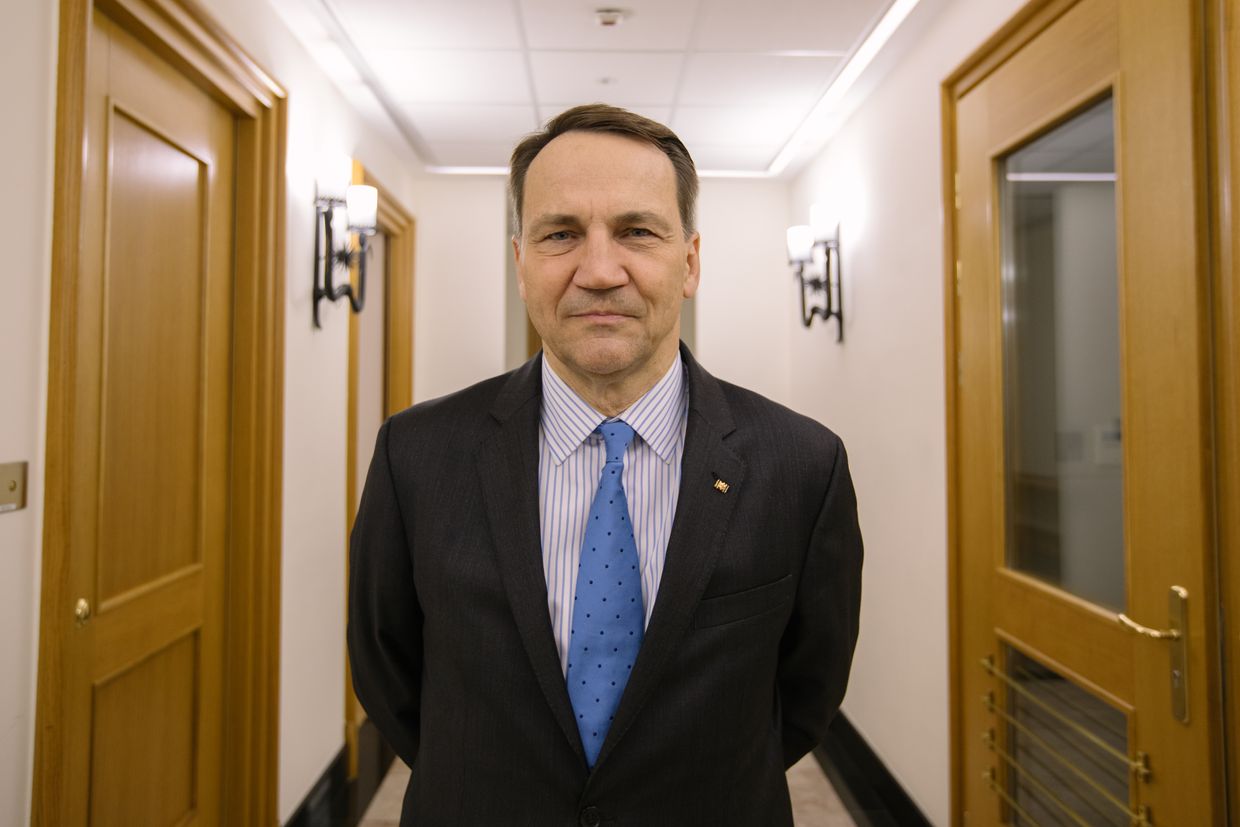Czech FM on Ukrainian draft-aged men abroad: We do not support those who avoid legal obligations

Czechia has been welcoming Ukrainian refugees since the all-out war started but will not support Ukrainian men who evade serving in the army as imposed by law, Czech Foreign Minister Jan Lipavsky said on May 2.
With some exceptions, Ukrainian men aged 18 to 60 are prohibited from leaving Ukraine during the war while martial law is in effect.
The Foreign Ministry announced on April 23 that Ukraine was temporarily suspending new applications for consular support for military-age men abroad due to the new law on mobilization.
The following day, the government also announced a ban on sending identification documents and passports of Ukrainian men aged 18 to 60 abroad.
There are 94,643 men aged 18 to 65 in Czechia who have temporary protection due to Russia's full-scale invasion of Ukraine, according to the Czech Interior Ministry.
"I understand the problem of the return of Ukrainian draft-aged men," Lipavsky said in an interview with the Czech media outlet Novinky.
"The Czech Republic has been supporting Ukrainian refugees for a long time, and we welcome them on our territory. But not those who try to avoid the obligation imposed by law."
Czechia cannot legally implement the mandatory return of Ukrainian draft-aged men under the protection status. In theory, Ukraine could send a summons and then an official request for extradition of a person who ignored it and violated Ukrainian law, Novinky said, citing an international law expert Vera Honuskova.
The issuing of passports can also be a way to bring back to Ukraine those who must be on the military register, according to Josef Urban, a spokesman for the Czech Foreign Police Service Directorate.
Every Ukrainian who lives in Czehia under protection status is obliged to identify themselves with a valid travel document, Urban added. If it does not happen, a person could face a fine of 5,000 Czech korunas ($215) and administrative proceedings for deportation.
Poland and Lithuania earlier indicated they are exploring ways to help Ukraine bring their fighting-aged men back home, but no clear steps have been presented.
Several countries, including Germany and Estonia, said they will allow Ukrainian refugees to get temporary residency permits and extend expired ones even without valid passports.













